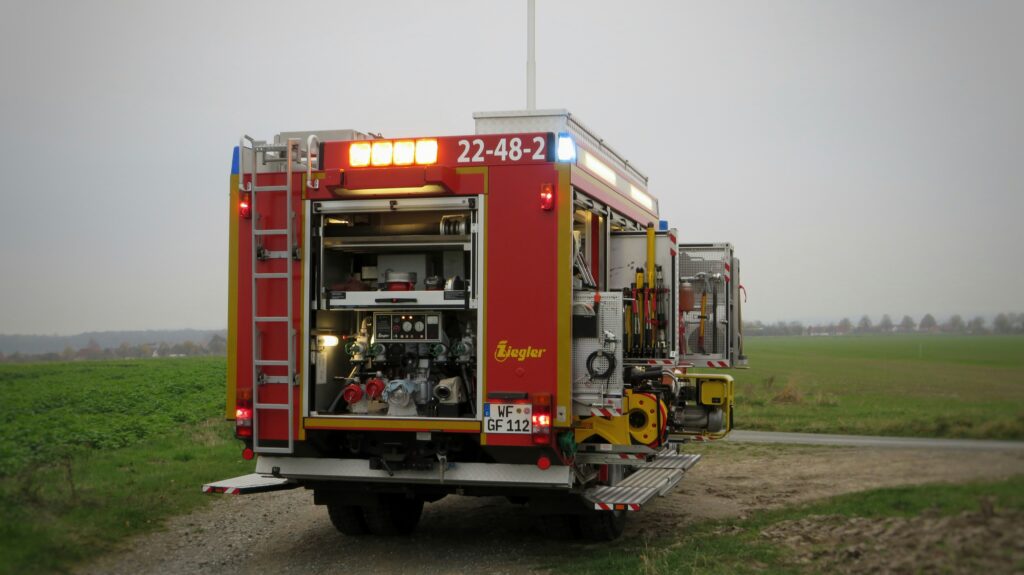The European Union is preparing its largest wildfire response ever this summer. Nearly 650 firefighters and 26 aircraft will be sent to fire-prone areas across the continent. This comes after a sharp increase in wildfire damage in 2024. More than 166,000 hectares have already burned, which is almost three times the 20-year average for this period.
Teams from 14 countries will be stationed in France, Greece, Portugal, and Spain during July and August. Greece will receive half of the EU firefighting crews. Firefighters from Austria, Bulgaria, Czechia, France, Moldova, and Romania will support efforts there. The EU will also deploy 22 planes and 4 helicopters in 10 member states. France and Greece will each get four amphibious aircraft that can collect water and drop it over fires. France will also receive one firefighting helicopter.
The EU is taking action to help member states deal with the growing wildfire threat. In addition to firefighters and aircraft, 19 ground firefighting teams and a special advisory group will be ready. A wildfire coordination unit will be created at the EU’s Emergency Response Coordination Centre. This unit will include 30 experts from various countries and scientific institutions to improve response and coordination.
Romania has suffered the worst wildfire damage so far this year. Over 120,000 hectares of land have been destroyed, with many fires caused by illegal field burning. France has lost nearly 19,000 hectares, which is about three times more than usual. Spain has reported fewer wildfires than average for this year. In 2023, wildfires burned 383,000 hectares across the EU, while in 2017 and 2022, the damage was even more severe with nearly 1 million and 800,000 hectares lost, respectively.
Experts link the increase in wildfires to climate change and changes in land use. Higher temperatures and longer drought periods make conditions more favorable for fires. At the same time, rural land management is declining as more people move to cities, leaving vegetation to grow unchecked and increasing fire risks. The fire season now lasts from May to October, and areas in eastern and northern Europe, once rarely affected by wildfires, are now at risk.
Currently, drought warnings are in place in parts of Germany, Poland, the Baltics, Romania, and Bulgaria. Conditions are less severe in southern France, Spain, and Italy. As wildfires become more frequent and intense, the EU focuses on cooperation and early intervention to protect people and the environment.
